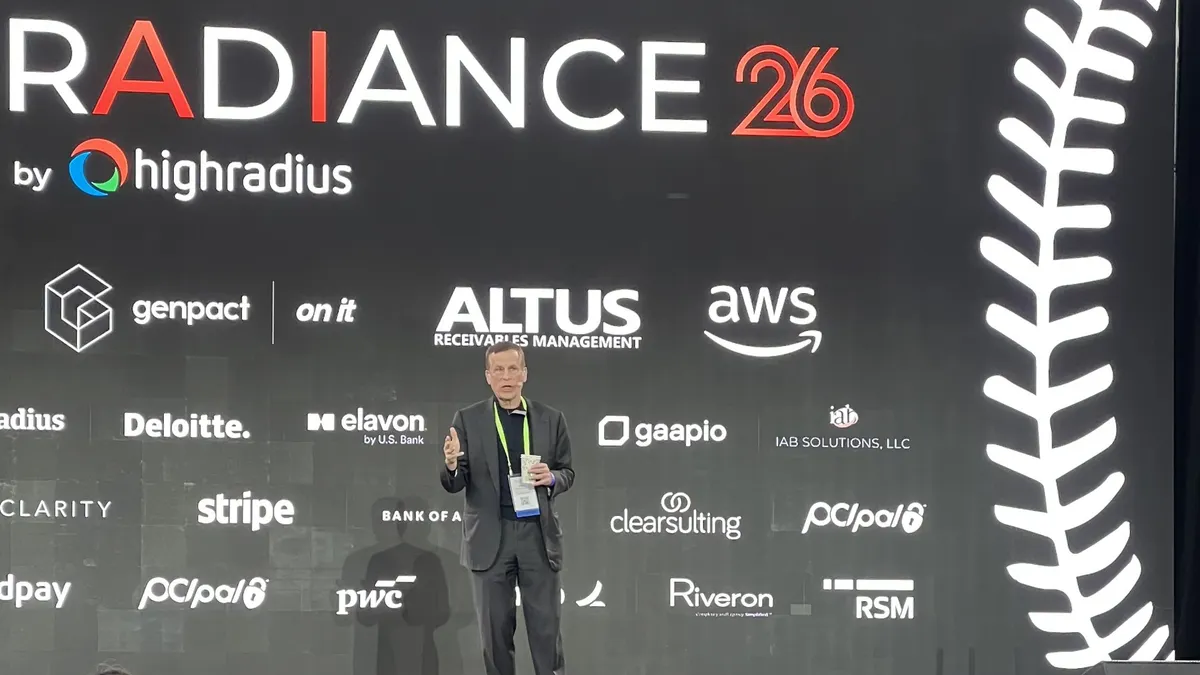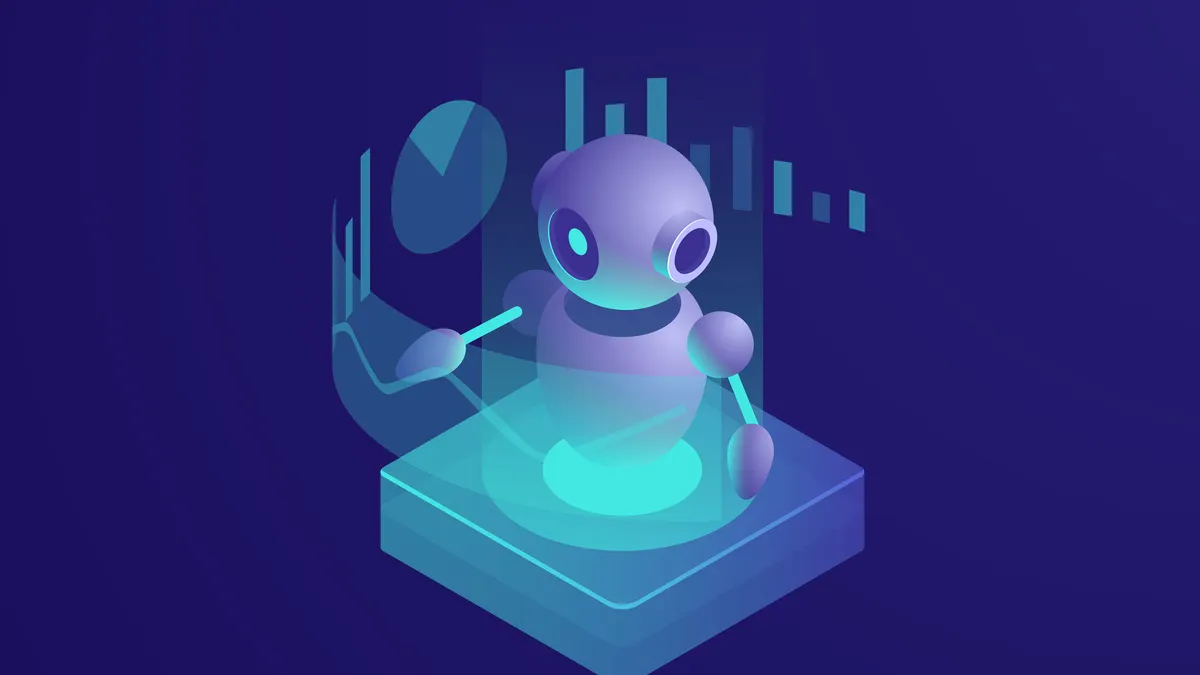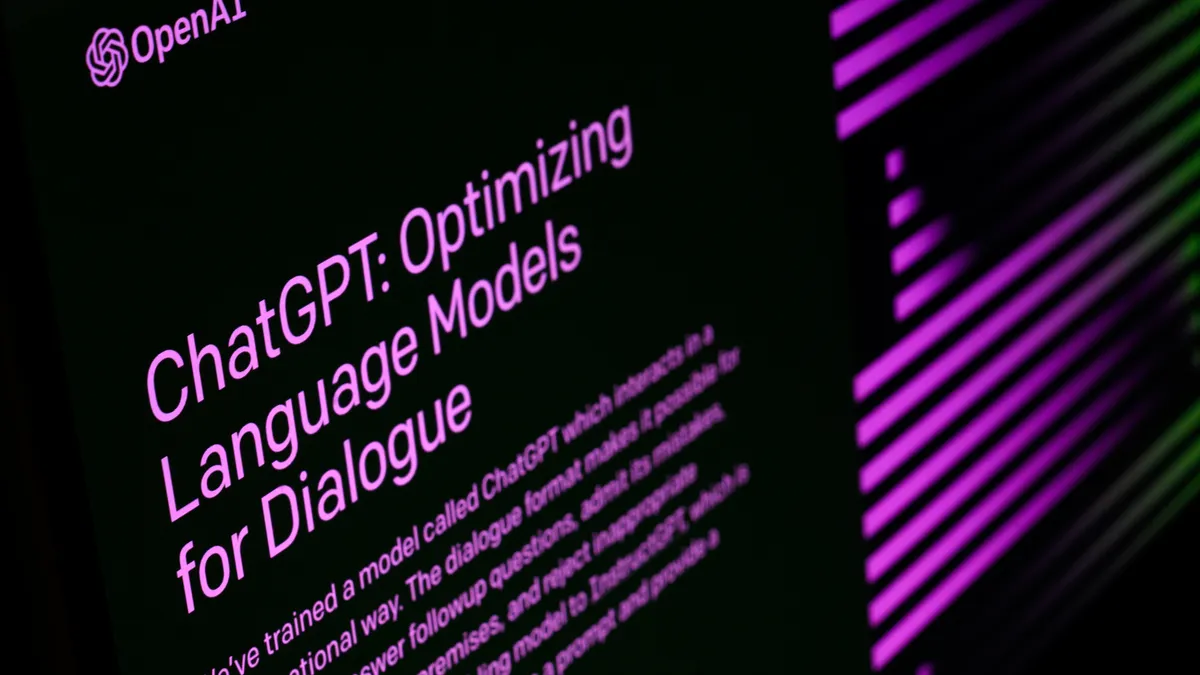Generative AI has become the proverbial monkey wrench in the technology plans for executives who look to keep their organizations on the cutting edge. With tech companies offering full automation of various accounting processes, banking as a service (BaaS) to vendors and their customers, and even unprecedented cybersecurity initiatives, technology's role within corporate finance becomes even more ambiguous with the emergence of technologies like ChatGPT. The value of the human element is in question now more than ever before, leading CFOs to inquire what types of benefits this type of technology can bring to their business.
Most leaders are still learning the basics of generative AI technology. Even Google’s CEO said no one fully understands how ChatGPT works. Despite this, the notion is clear — executives want generative technology in their businesses, or at least don’t want to be the only ones without it.
Whether it’s a legitimate interest in the technology or fear of missing out (FOMO), new data from a KPMG survey of 300 global executives say that nearly two-thirds (65%) of executives say this type of technology will have a high impact on their company in 3-5 years.
Balancing Technology and Risk Management
Technology's role, like any business investment, must be evaluated in part by the risks it brings with it. While nearly three-quarters (72%) of executives believe generative AI can play a critical role in building and maintaining stakeholder trust, nearly half (45%) say it can have a negative impact on their organization’s trust should commensurate risk management tools not be implemented.
“Generative AI, like many technologies, creates great opportunities for organizations,” said KPMG U.S. trusted imperative leader Emily Frolick. “However, the ease of use and open nature of generative AI amplifies the risk. As organizations are exploring potential use cases, giving attention to the risks or exposures associated with generative AI should be equally prioritized.”
Generative AI, like many technologies, creates great opportunities for organizations ... However, the ease of use and open nature of generative AI amplifies the risk. — Emily Frolick, KPMG
The risks associated with this type of technology can be extensive. Such risks include unpredictability in implementation, potential cybersecurity breach exposure, and company morale around those who are worried about generative AI’s impact on their roles and overall job security. CFOs, much like the employees who will be using generative AI, must learn how this type of technology can improve their skills, not replace them.
Development of AI Governance
AI Governance — a set of rules, regulations, and ethical considerations that guide the development, deployment, and use of artificial intelligence (AI) systems — is being incorporated at an extremely low level. Many executives don't have a plan to attempt to control its use in their workflows.
According to KPMG, only 5% of executives say their companies have an AI governance protocol in place. While nearly half (49%) say they have plans to develop these guidelines, they have yet to do so. Executives who are looking to implement may want to create an oversight committee to manage AI's use within the early stages.
These initiatives may come with time, data suggests. According to the KPMG, more than a quarter (27%) say they do not currently see a need or have not reached enough scale that would call for the development of a responsible AI governance program.
Social Interactions at Work May Fade
While workforces that adapt this type of technology will hybridize the human and AI elements together in some roles, executives are aware of the various impacts — some positive, some negative — it will have outside of the workflows it is attempting to improve.
According to surveyors, executives are most optimistic about the opportunities generative technology will have on how work is completed. The majority said it will increase productivity (72%) while two-thirds (66%) said it will change the way people work. Over six in 10 (62%) also said these technologies will encourage innovation in their workforce.
The unclear aspects are the areas in which ChatGPT has a small direct impact. Almost four in 10 executives (39%) believe generative AI could lead to decreased social interactions and human connections between employees. With companies trying hard to get their employees to want to return to the office and have fun at work, generative AI may alienate some staff, countering the cultural effort.
Although many of the benefits that companies already provide go unused, leaders are still cognizant of the impact generative chatbots can have on an employee's mental health. Whether it’s job security, feeling unimportant, questioning their career decisions, or more, nearly a third (32%) of executives reported a concern that they will see increased mental health issues among their workforce.






















